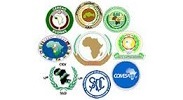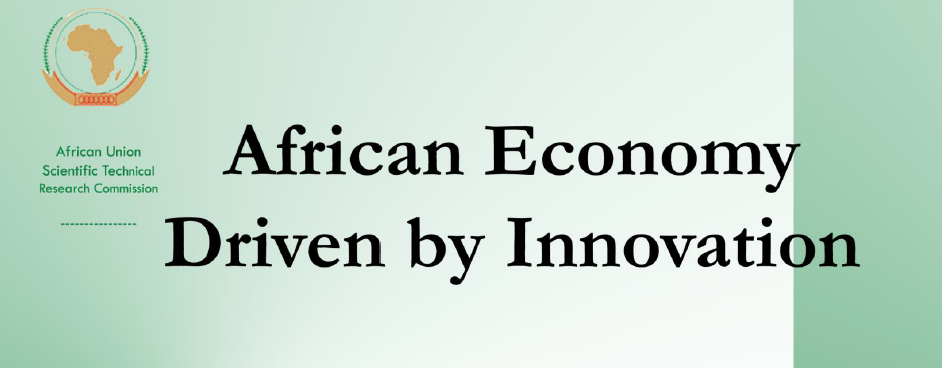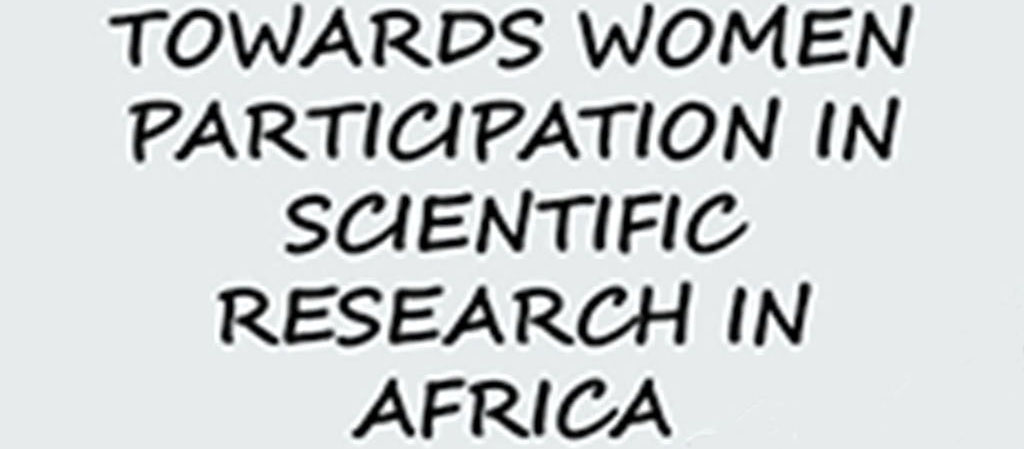Science, Technology and Innovation for Post-Conflict Recovery in Africa
Conflict remains the greatest challenge in most of the African Union Member States and has caused devastation in livelihoods, loss of life, property and health. The cumulative effect of conflict has hindered economic prosperity in most of these countries. The youth have particularly been caught in the web of consequences of wars and post-wars. Their importance as both victims and agents is not far-fetched. It is estimated that over 300,000 children under the age of 18 are involved in more than 30 conflicts worldwide (UNICEF Fact sheet). In Uganda more than 60,000 children have been kidnaped by both the armed forces and rebel factions. Similarly, it is estimated that 15,000 to 20,000 children served as child soldiers during the Liberian civil war. In Sierra Leone, about 5,400 children were abducted between 1992 and 1996 and forced to fight on both sides. The demography of most of the post-war countries in Africa points to the fact that over 50% of the population of those countries were under the age of 18 at the time of conflict, which makes them the most vulnerable group that suffers the pain unleashed upon.
Against this backdrop, any rebuilding effort must include building their capacities to augment the weakened human capital caused by the war; and to ensure that they are re-integrated into their communities without discrimination and stigmatization. This is affirmed by article 15 and 17 of the African Youth Charter, where the right of youth to gainful employment, protection from economic exploitation, and the important role of youth in promoting peace and non-violence were underscored. The Charter also called for the development of macroeconomic policies on job creation for youth; promoting entrepreneurship; strengthen the capacity of youth and their organizations in peace building, conflict prevention and resolution; and mobilizing youth for reconstruction of the areas devastated by war. To ensure these, youth must be given skills through mentorship, apprenticeship and where possible for those who can still go to school be given education; this will unleash the potentials of the youth to build peaceful and secured Africa as one of the aspirations under Agenda 2063
























